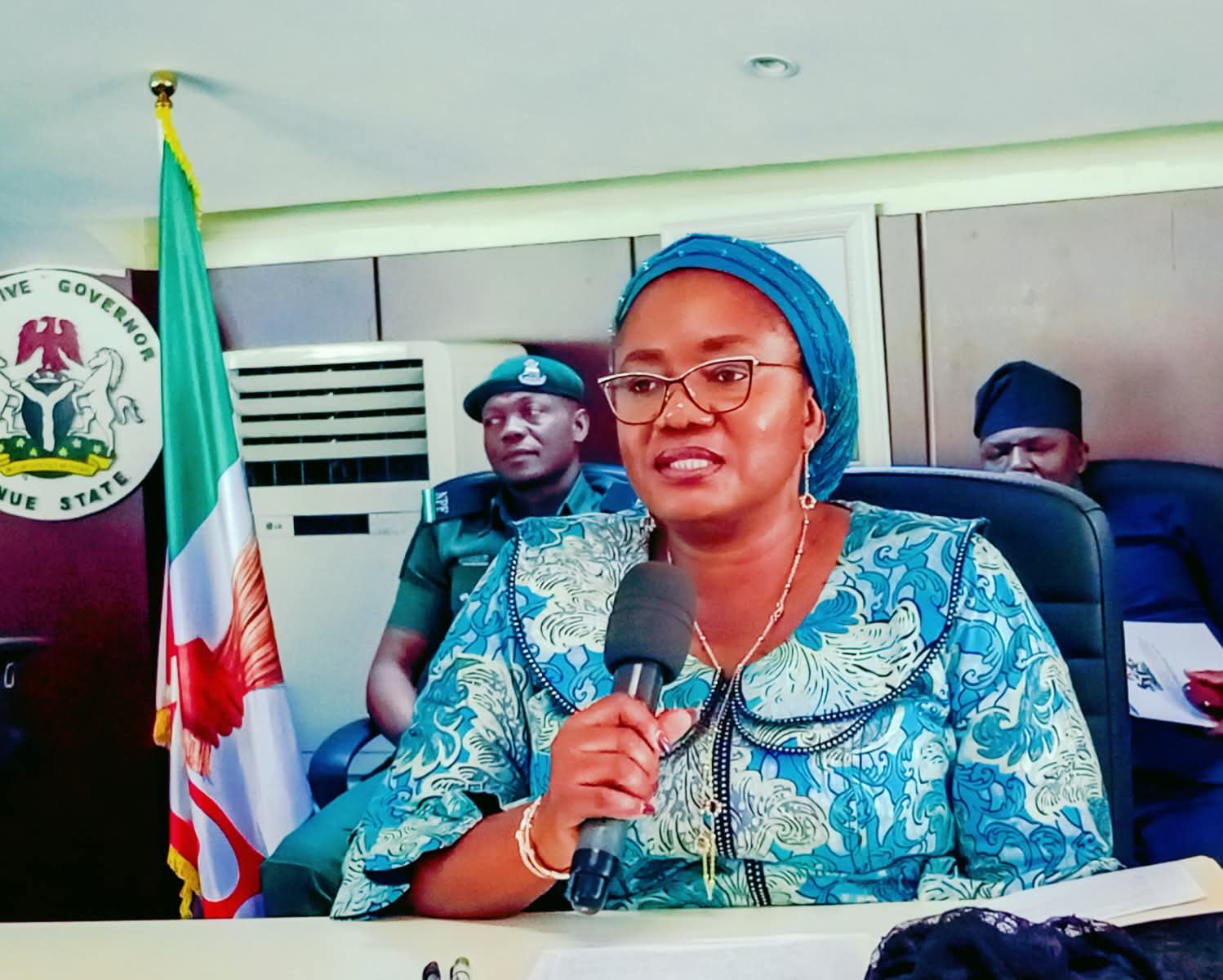Wike: The Deepening Threat to Nigeria’s Democratic Landscape
By Abba Hikima
It is clear to even the most daft Nigerian that Nyesom Wike, a serving member of President Tinubu’s Federal Executive Council, is only in the PDP to sabotage it and clear the path for his benefactor, the President, come 2027 elections. What may not however be clear, is how far-reaching, Wike’s tactics and antics can be in destroying Nigeria’s democracy.
Whether you are APC, PDP, ADC or even politically indifferent, Wike’s actions should bother you, as long as you dream of a truly democratic Nigeria where institutions transcend whimsical meddling of the few.
From whatever angle you view, one sees a deliberate pattern that systematically seek to dismantle the country’s main opposition party and tilts the political landscape dangerously toward one-party dominance.
The recent Federal High Court injunction restraining the PDP from holding its planned November 15 National Convention- issued by Justice J. Omotosho – only reinforces this pattern. It aligns with a string of judicial outcomes and political manoeuvres that have consistently favoured Wike’s factional interests, all at the expense of Nigeria’s fragile democratic balance.
Between 2023 and 2025, Wike’s loyalists seized the PDP’s national secretariat at Wadata Plaza, installed their own acting chairman, and plunged the party into even deeper crisis. Earlier, he had been linked to moves to demolish the PDP headquarters in Port Harcourt and to lawsuits that derailed planned conventions.
These deliberate acts of sabotage – calculated to hollow out opposition structures and weaken the political alternatives that every democracy depends on. In Nigeria today major political opposition actors are crosscarpet from their political parties to the ruling APC not because the APC is doing better, but to salvage their seats and realize their aspirations which appear rather vivid with the APC.
In saner climes, inclusion of opposition figures within ruling governments is a loudable means of promoting national unity and bridging gaps. But in Nigeria’s case, Wike’s dual role, serving as a federal minister while wielding extraordinary control over an opposition party is clearly a mean of manipulation.
It blurs ethical boundaries and deprives citizens of genuine democratic alternatives.
Even more disturbing is Wike’s perceived closeness to certain segments of the judiciary- what Professor Chidi Anselm Odinkalu aptly described as a “pathological fixation.”
From 2019 to 2025, at least five major cases tied directly or indirectly to Wike’s interests have landed before the same judge, fueling concerns of judicial clientelism- a scenario where powerful litigants can select their forums by proxy.
The danger goes far beyond politics.
If political elites can manipulate opposition parties while simultaneously bending judicial processes to their favour, then democracy becomes mere theatre. A performance that preserves power and erodes accountability.
Having said this, the National Judicial Council should randomize the assignment of politically sensitive cases and ensure that no single judge repeatedly handles matters involving the same litigants. A stronger ethical firewall must also be built between judicial officers and politically exposed persons.
Politically, Nigeria must introduce conflict-of-interest rules that bar sitting ministers or presidential appointees from exerting control over opposition parties. Democracy cannot thrive when the same hand both governs and manipulates its opposition.
Coming this far, we must accept gentlemen that reform is not optional; it is existential.
Abba Hikima, Esq, is a legal professional based in Kano




